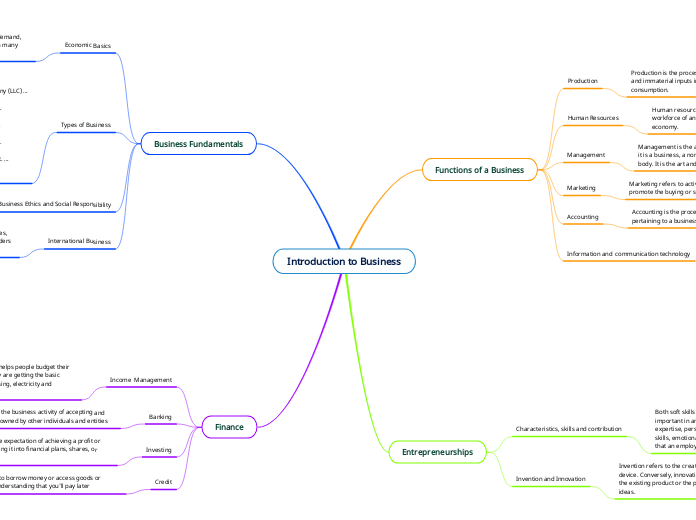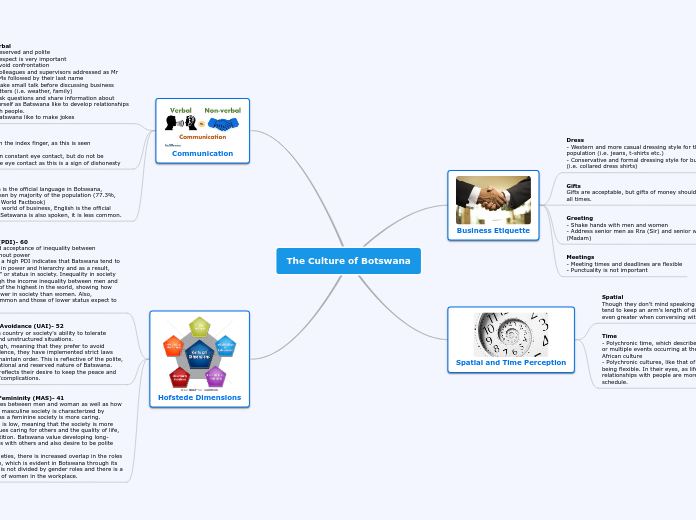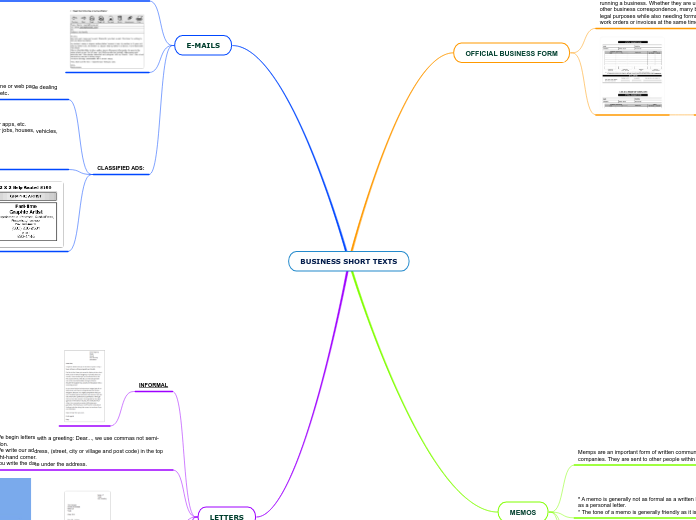realizată de Nathan Racine 3 ani în urmă
136
Introduction to Business
Income management is a crucial tool to help individuals budget their welfare payments, ensuring they secure essential needs such as food, housing, and education. Credit provides the ability to borrow money or access goods and services with the promise of future payment.









